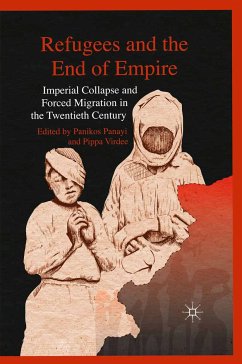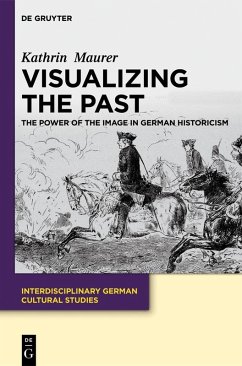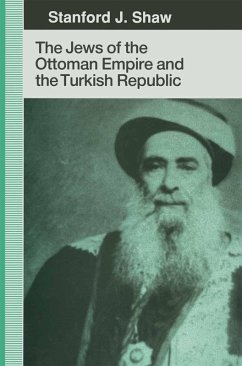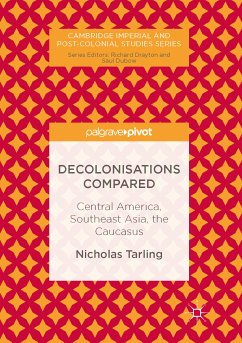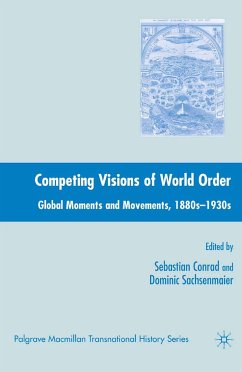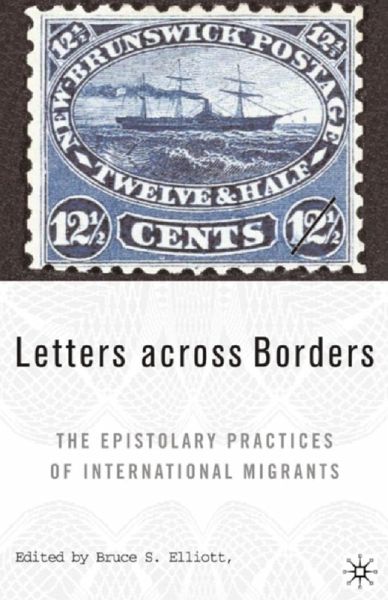
Letters across Borders (eBook, PDF)
The Epistolary Practices of International Migrants
Redaktion: Elliot, B.; Sinke, S.; Gerber, D.
Versandkostenfrei!
Sofort per Download lieferbar
80,95 €
inkl. MwSt.
Weitere Ausgaben:

PAYBACK Punkte
40 °P sammeln!
This collection addresses the recent rebirth of interest in immigrant letters. As these letters are increasingly seen as key, rather than incidental, documents in the interpretations of gender, age, social class, and ethnicity/nationality, the scholars gathered here demonstrate a diversity of new approaches to their interpretation.
Dieser Download kann aus rechtlichen Gründen nur mit Rechnungsadresse in A, B, BG, CY, CZ, D, DK, EW, E, FIN, F, GR, HR, H, IRL, I, LT, L, LR, M, NL, PL, P, R, S, SLO, SK ausgeliefert werden.




